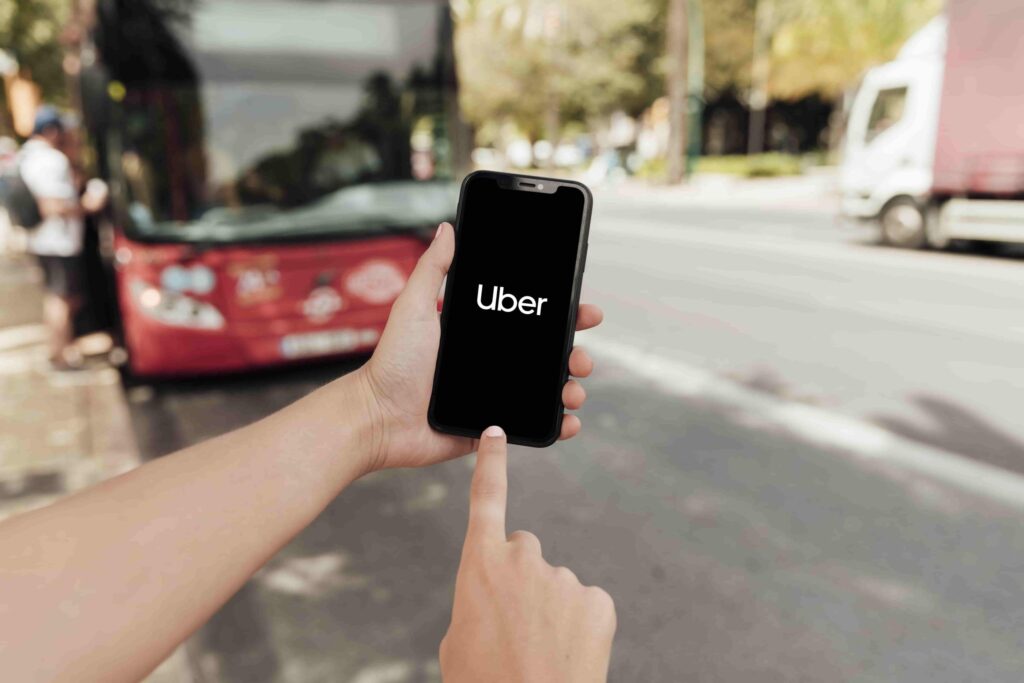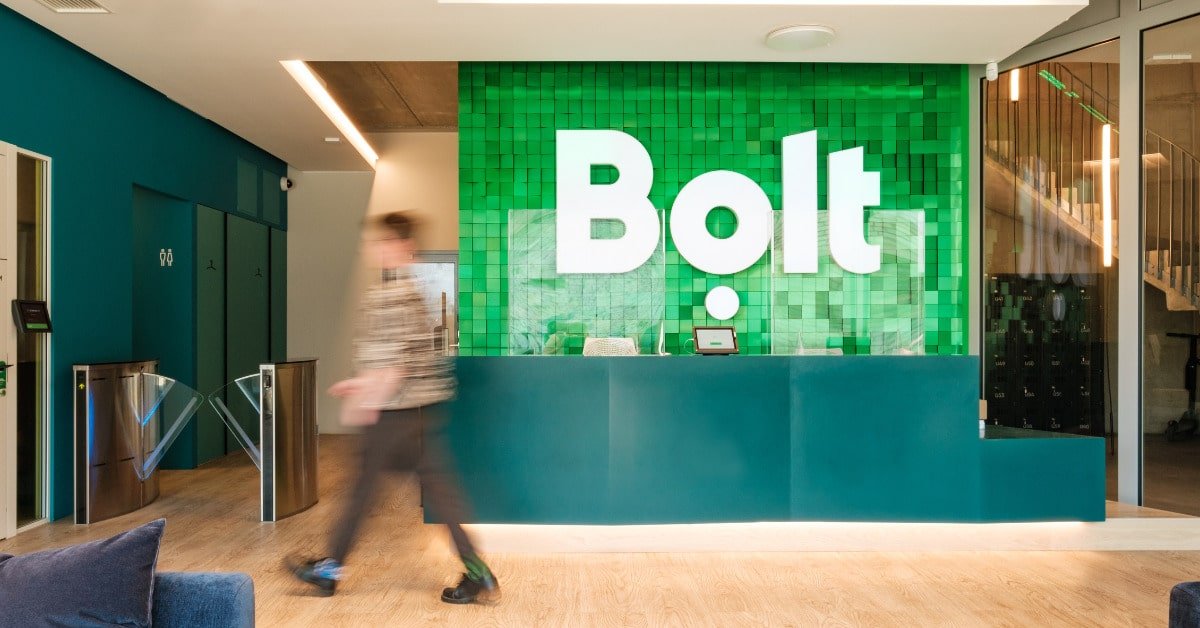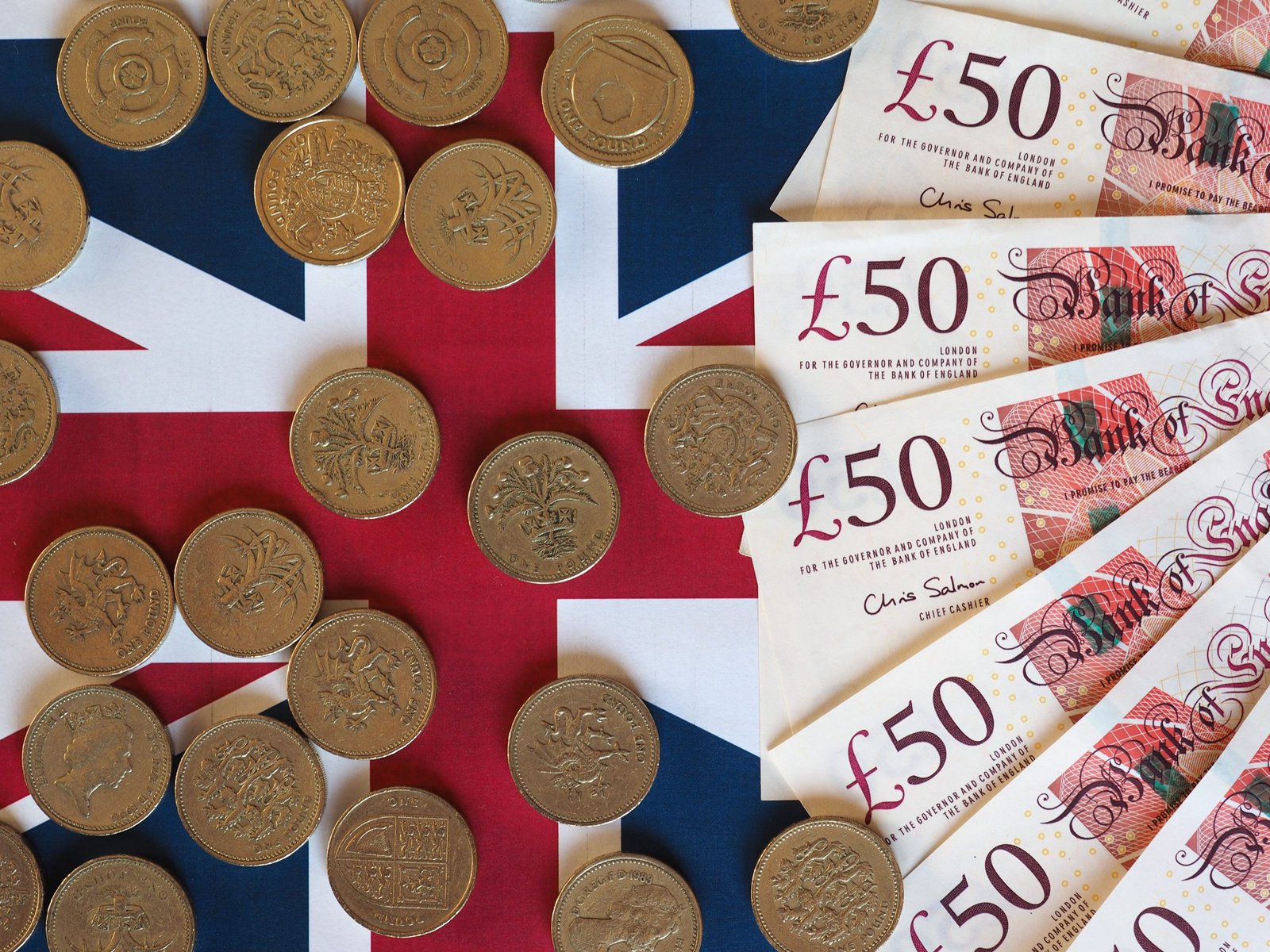In a significant turn of events, Estonian start-up Bolt has secured a legal triumph against HM Revenue and Customs (HMRC) in a tax tribunal, raising the possibility of Uber reclaiming almost £500 million.
This win comes as a boost for minicab competitors, challenging the VAT charges on rides.
Implications for Uber
The tribunal ruled that “mobile ride-hailing services,” like Bolt, fall under the Tour Operators Margin Scheme (TOMS), altering the landscape of how VAT applies. While Bolt may see reduced VAT on its fees, Uber, facing a similar dispute, contends that TOMS VAT should only apply to its service fees, not the entire journey cost.

An expert highlights the potential positive effects on London’s private hire businesses. The expert notes that minicab operators could now submit claims for overpaid VAT in the last 16 months. However, the implications extend beyond London, with Uber’s nationwide VAT charges under scrutiny.
Challenges and Future Outlook:
HMRC expressed disappointment with the ruling, emphasising that TOMS doesn’t apply to minicab businesses. Uber, while not commenting on the Bolt ruling, warns of potential fare hikes if forced to apply VAT to the full ride cost. The ongoing legal battles suggest a prolonged resolution, with Uber’s case expected to be heard in the new year.
Chancellor Jeremy Hunt acknowledges the 2021 court ruling’s implications on private hire fares, promising a Treasury consultation in the New Year. The outcome of these deliberations could reshape how VAT is applied across the rideshare sector.
Conclusion
This tax dispute saga unveils a transformative period for the industry, where legal victories and government interventions will redefine how rideshare services navigate the intricate landscape of taxation.
Stay tuned for further developments as the rideshare giants continue their journey through the legal labyrinth.



